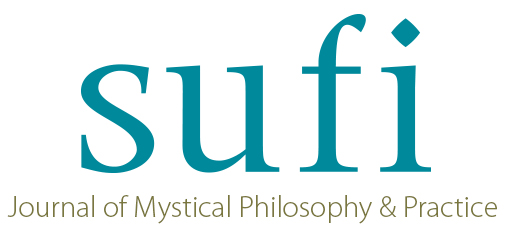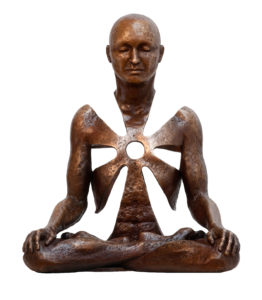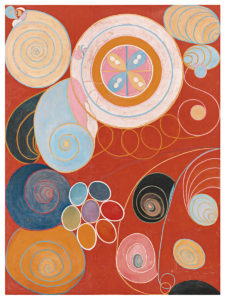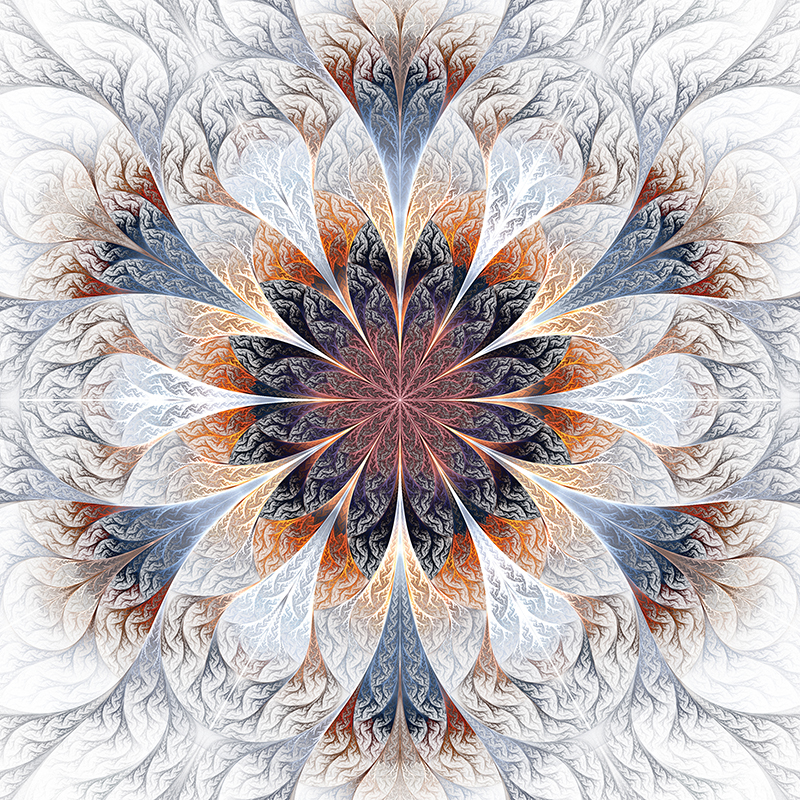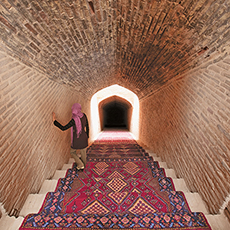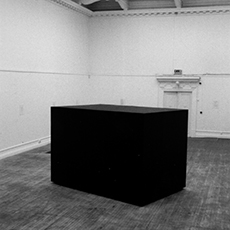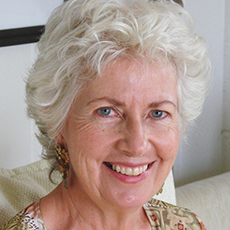A Conversation with Evolutionary Game-Theorist Donald Hoffman
interviewed by David Wright
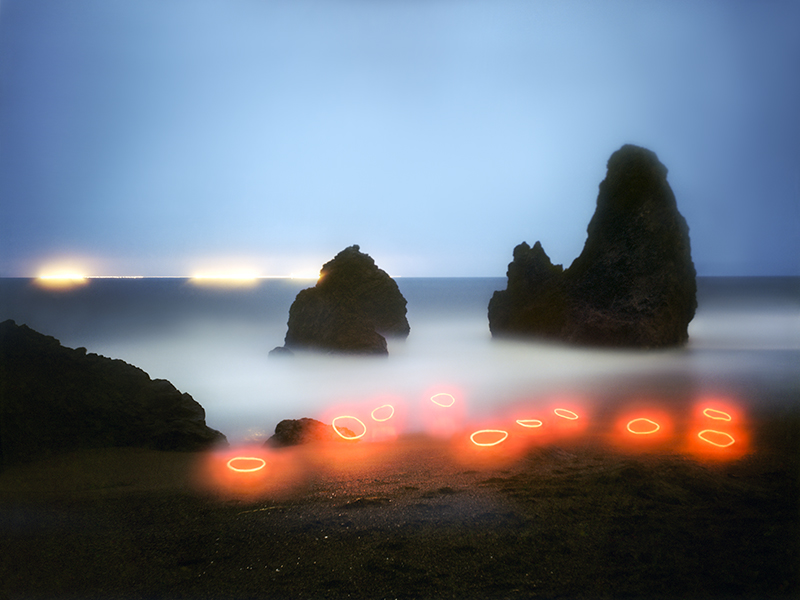 DW: Is what we perceive with our senses “real” in the deepest sense? Is there a reality “beyond” our perception? If so, what is it like, and what is our responsibility towards it? Too often, in seeking answers to these questions, scientists and spiritual aspirants find themselves living in worlds apart, unable to exchange and share common experiences or perspectives.
DW: Is what we perceive with our senses “real” in the deepest sense? Is there a reality “beyond” our perception? If so, what is it like, and what is our responsibility towards it? Too often, in seeking answers to these questions, scientists and spiritual aspirants find themselves living in worlds apart, unable to exchange and share common experiences or perspectives.
DH: My attitude about science and spirituality is… I’ll put it this way. There’s a famous quote from Rumi that says, “Silence is the language of God, all else is poor translation.” I think of spirituality as relating to questions about human significance and meaning. Why are we here? What’s this all about? And often scientists will say that we can’t address those questions, but I take a different point of view. I think that we can. I do meditate, and I understand the importance of silence; I think that it is transformative. I think it restructures human consciousness to spend time in silence. It’s a very healthy thing.
ARTWORK © BARRY UNDERWOOD
